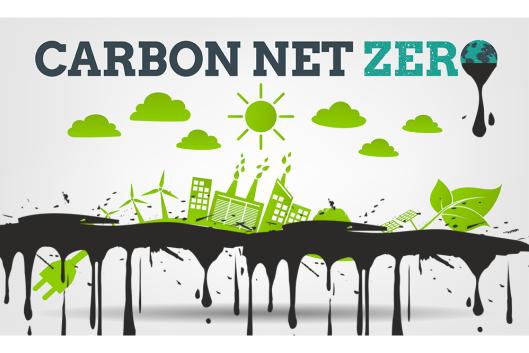The consequences of climate chaos are becoming more and more frequent and devastating, from heat waves and droughts, to extreme storms and floods. We all know this, but only some people are forced to live with these impacts—mainly communities in the Global South. And yet, in promoting the so-called ‘green economy,’ governments, the United Nations, corporations and all their allies continue to put economic interests above life.
The underlying problem with the ‘green’ economy is that it enables and legitimizes an economic system that relies on increasing consumption and production of fossil fuels. It has already been widely documented that, for the most part, the extraction, transportation, processing and production of fossil fuels has involved extremely violent and destructive activities throughout history—activities which we now know are the real cause of climate chaos. (1)
‘Green’ campaigns and policies that try to sell us the idea that it is possible to tackle climate chaos without recognizing the direct link between polluting emissions and power structures (based on capitalism, racism, colonialism and patriarchy) are seeking to distract us from the real causes and true perpetrators of this climate chaos and social injustice.
It is important to note that the increase in the use of ‘renewable energies’ has not translated into a decrease in the use of fossil fuels (2). This means that so-called ‘renewable energies’ are not replacing fossil fuels but, on the contrary, are contributing to a rise in global energy consumption. Furthermore, these renewable energies—including mega-dams, wind industries, and ‘bioenergy’ generated from wood pellets or palm oil, among others—exacerbate the appropriation and destruction of lands and engender violence against communities, mainly in the Global South, and mainly against women.
This bulletin shares six articles that aim to warn about the harmful aspects of the ‘green economy.’ The articles from Pará, Brazil, and the Saloum Delta, Senegal, show the threats of carbon offset mechanisms (REDD and ‘blue carbon’) to communities, and how these mechanisms serve the interests of the planet's most destructive corporations and their allied governments. Another article exposes the crucial and malicious role of companies that certify carbon credits. Additionally, women's groups from Kalimantan, Indonesia and Chiapas, Mexico tell us about the detrimental impacts of oil palm plantations and the importance of organized women's resistance. And another article tells us how the sale of monoculture tree plantations in Corrientes, Argentina—which have already caused devastating impacts—could turn these plantations into carbon sinks and/or pellets to generate so-called ‘bioenergy.’
The ‘green’ economy maintains the economic logic of a constant increase in profits (and injustices) unchallenged. In June 2023, a study revealed that of the world's top 100 oil and gas companies, not one (zero!) has committed to stopping expansion of their fossil activities by 2030 (3). In 48 of 55 African countries, oil, gas and coal companies are exploring or exploiting new fossil reserves, building new infrastructure such as gas pipelines or liquid natural gas terminals, or developing new gas or and coal-fired power plants (4). Additionally, more than 6,500 institutional investors own bonds or shares in coal, oil and gas companies, totaling 3.07 trillion dollars (5).
We always hear in the news how climate chaos is causing more destruction, forced migration, famine, and loss of livelihoods, among many other appalling impacts. The ‘green’ economy, however, is expanding these impacts—not only because it worsens climate chaos and its serious and real consequences, but also because its mechanisms and projects allow more territories and community forests to be appropriated by economic interests. The ‘green’ economy is born of, and reinforces, the same violent, patriarchal, colonial and racist system as before.
(1) WRM, Is All Carbon the Same? Fossil Carbon, Violence and Power.
(2) Our World in Data, Energy Mix.
(3) World Benchmark Alliance, 2023 Oil and Gas Benchmark.
(4) Who is Financing Fossil Fuel Expansion in Africa?
(5) Urgewald, Fossil Fuel Investment Report
